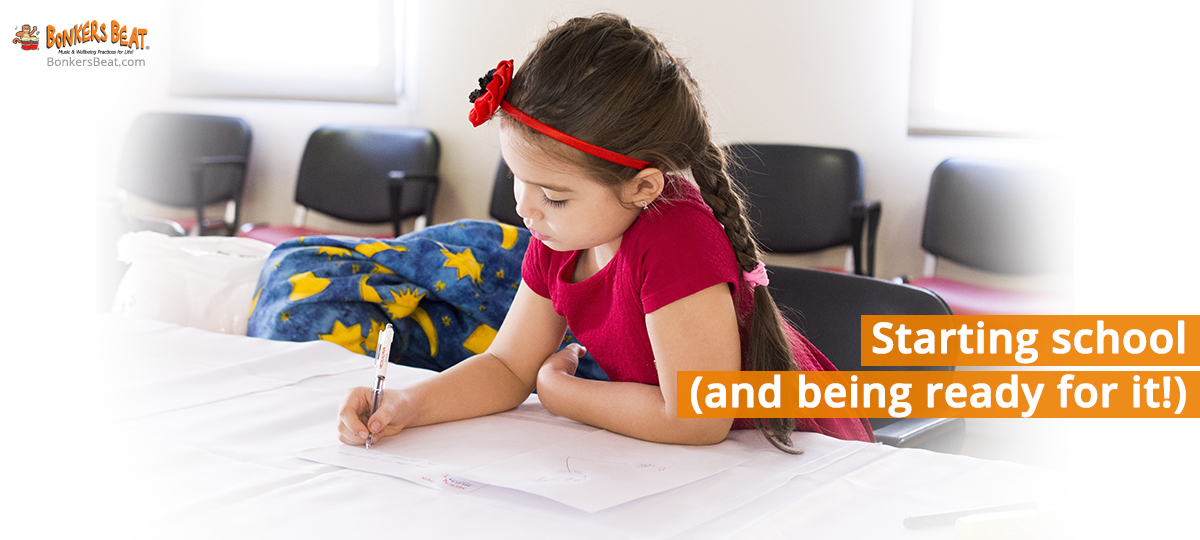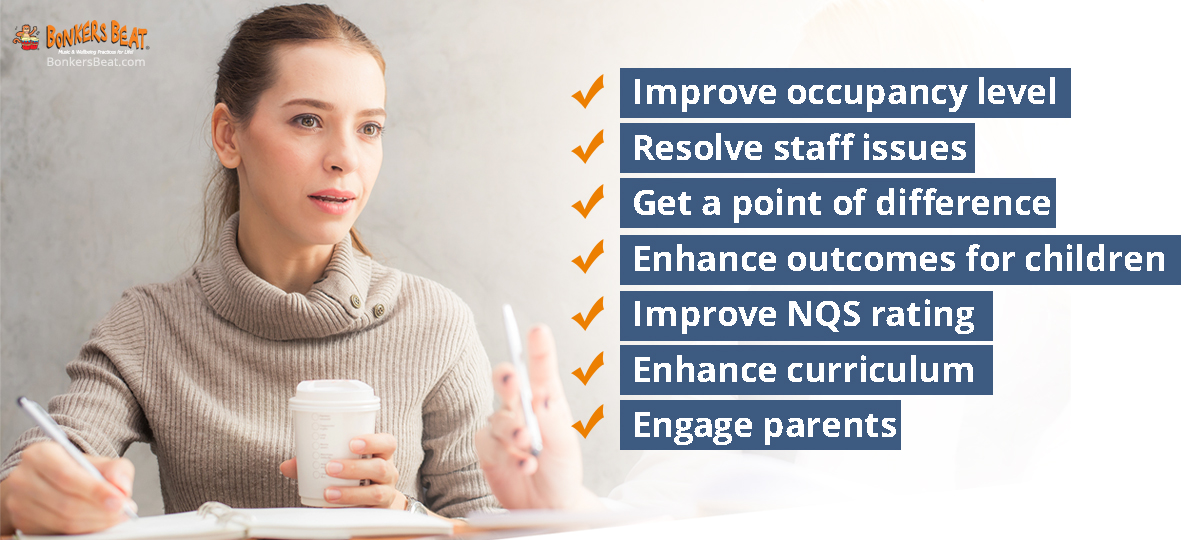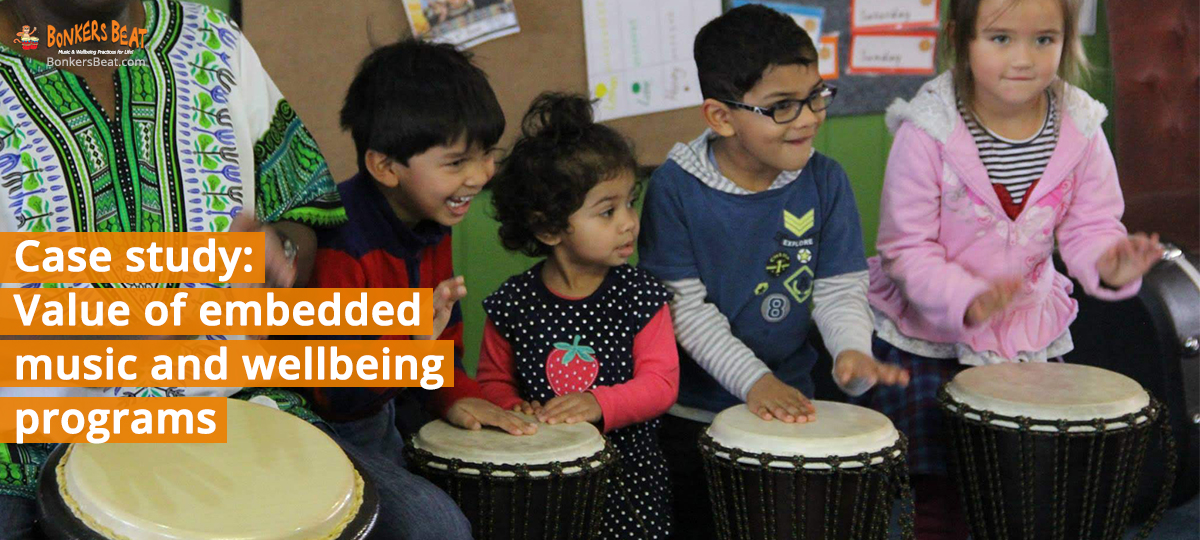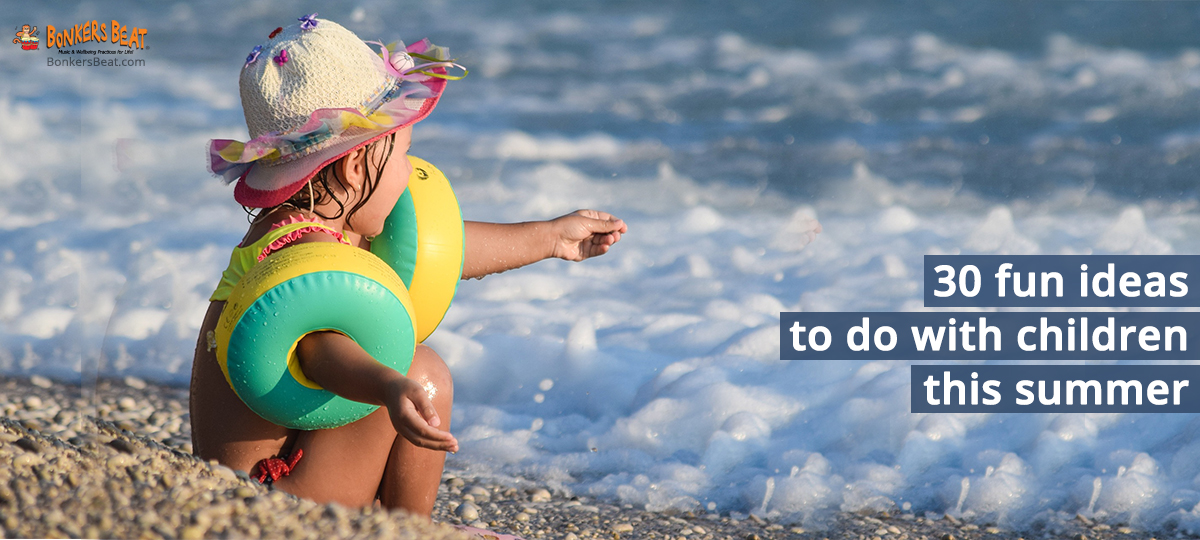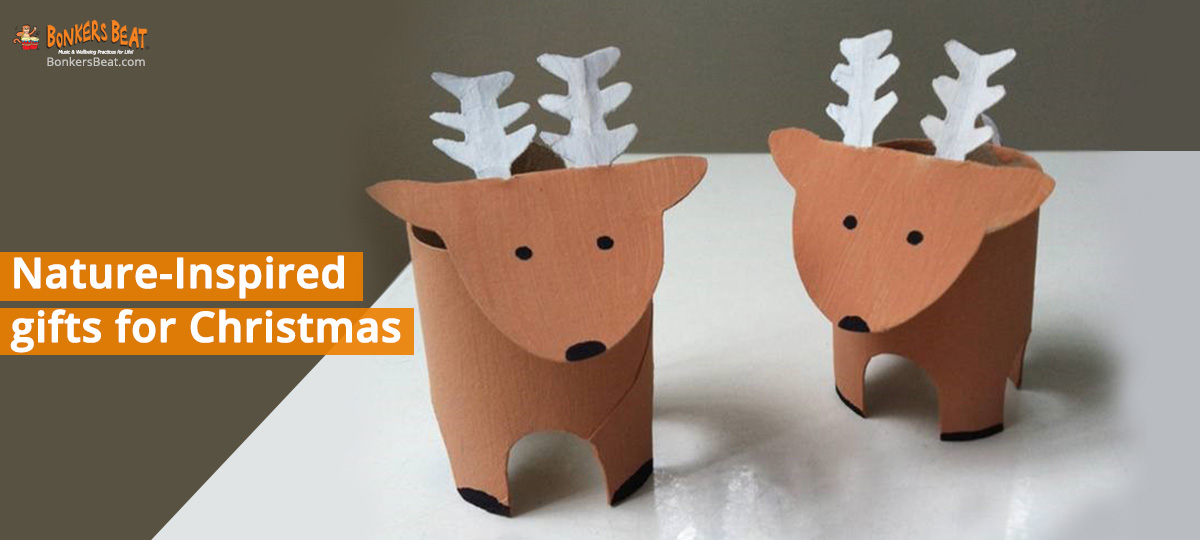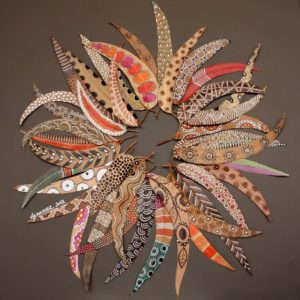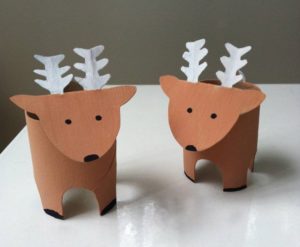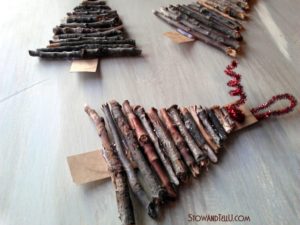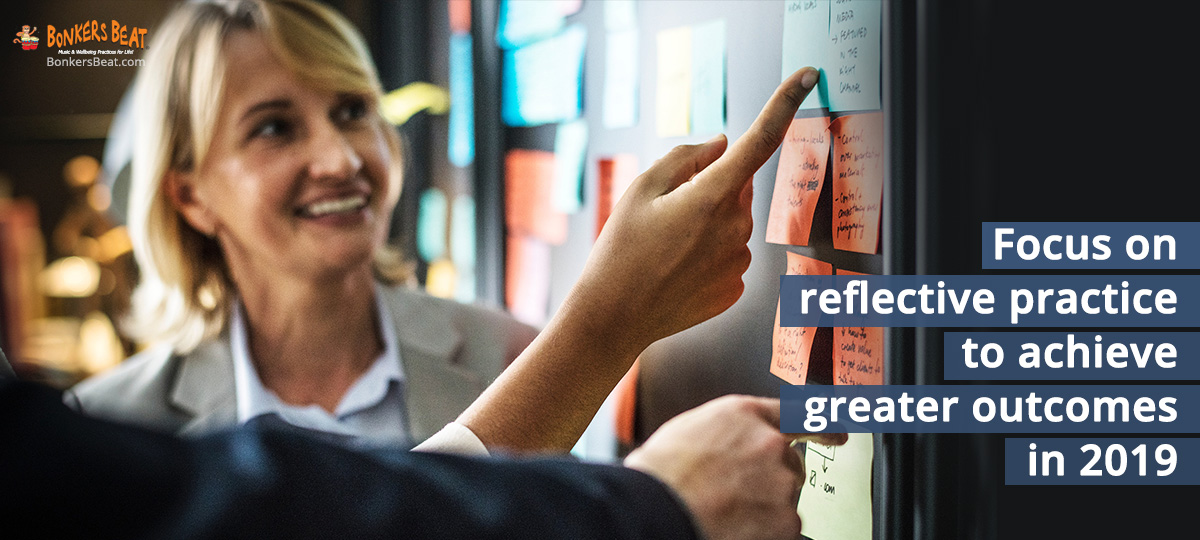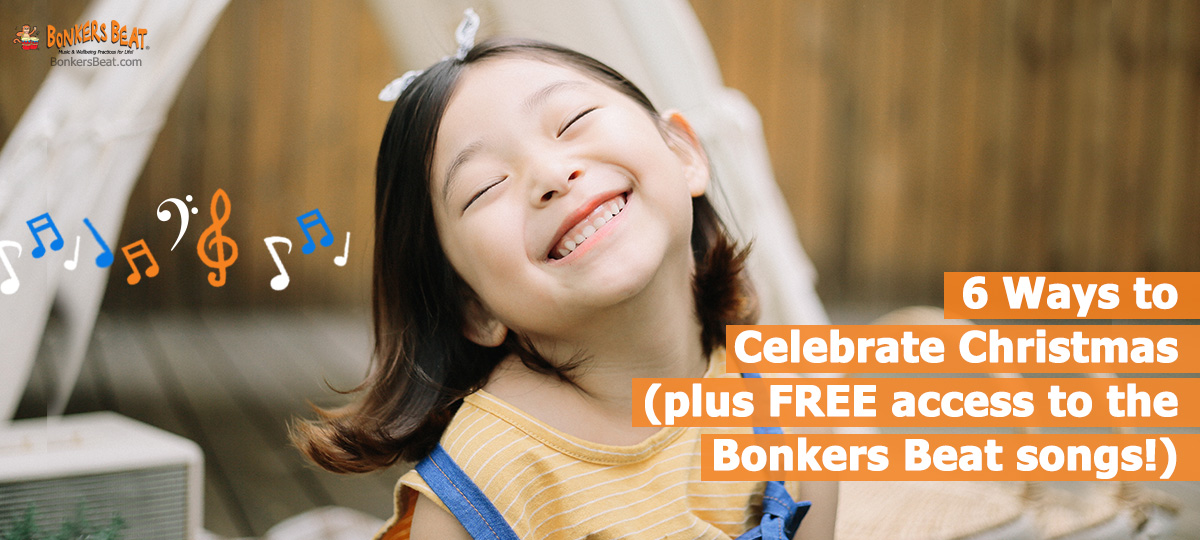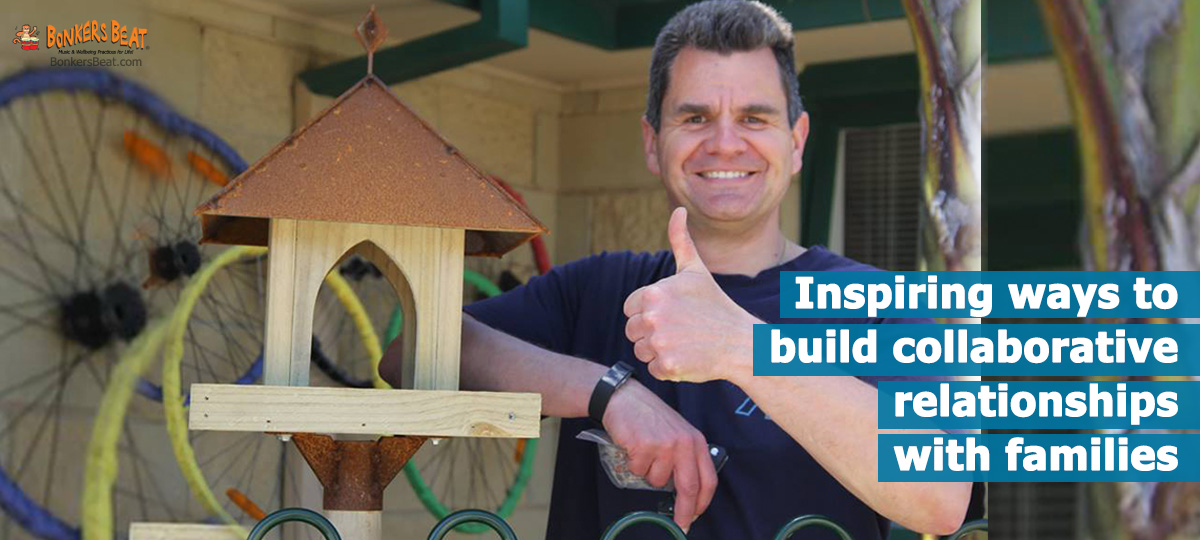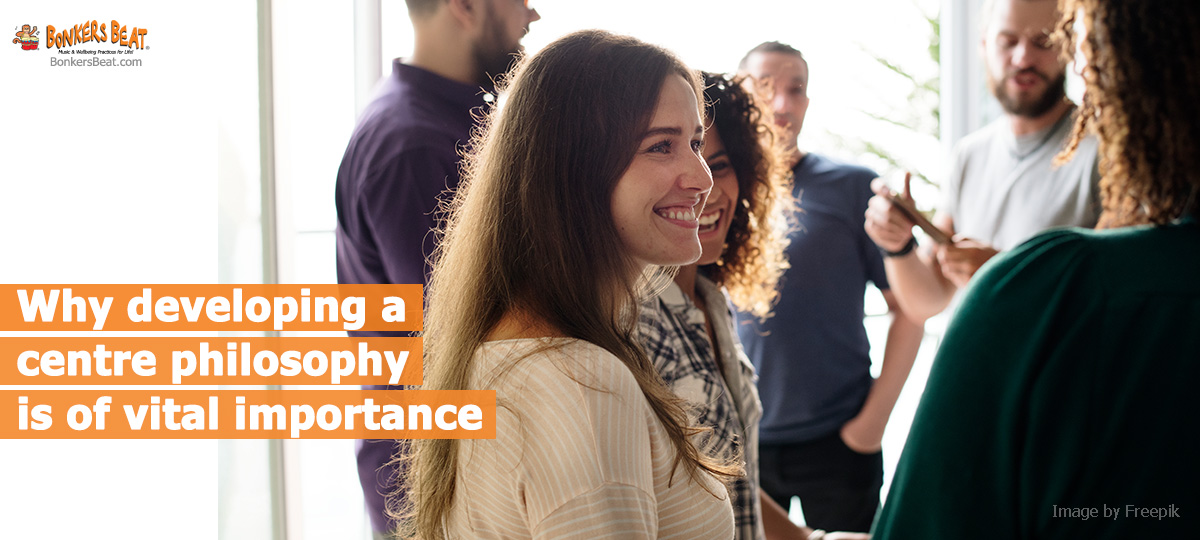It has been an exciting time over the last week as we have seen so many of last year’s kinder children slip into school uniforms and head into primary school for the first time. First day photos have taken over social media, and smiles and tears have been shared from children and parents alike! In the meantime, a new cohort of pre-schoolers have started, set to gain the skills they need for school readiness when their time comes!
Starting primary school is a special moment in a child’s life (and a parent’s), but the most important factor before commencing is ensuring a child is truly ready for school. That’s one of the most important aspects of early childhood educators’ roles – giving children the experiences and skills that will prepare them for school, and life.
Building and establishing school readiness in children
When considering school readiness and how to build it and establish it in children, educators and parents should focus on teaching children life skills that will prepare them for handling all that the world has in store. These skills will be physical, intellectual and emotional. Think practical abilities that boost children’s independence in various areas of their lives, and give them a sense of responsibility.
Let’s look at some areas to consider when establishing and assessing children’s school readiness:
1. Collaboration and teamwork
2. Creativity and imagination
3. Critical thinking and problem solving
4. Social and emotional skills
5. Empathy, positive thinking, resilience and self-regulation
6. Oral and written communication skills
7. Leadership
If you’re looking for additional resources to guide you in assessing a child’s school readiness, this fact sheet from Kathy Walker of Early Life Foundations
is really valuable.
Government funding to help educators enhance school readiness
The government has recognised the importance of early childhood education and our role in shaping the future generations – the School Readiness Funding offers registered kindergarten programs funding to access some of the best, proven programs available in the industry. And Bonkers Beat Music Program is included in the School Readiness Funding Menu!
It’s an excellent time to join Bonkers Beat too, with our whole-team professional development days – Wellness Summits – coming up soon! Take advantage of your School Readiness funding and join the Bonkers Beat programs.
See what parents have to say about our programs and school readiness:
Thank you for developing Olive’s confidence. You’ve made a difference from the way you start the day with positive affirmations to your amazing end of year concerts, we’re grateful for the above and beyond effort that gave Olive the opportunity to perform so confidently on stage.
Please know that we value the work you do. You’re making a positive impact in the lives of our little people and that’s making the world a better place! Thank you for all the amazing memories and it won’t feel like Christmas without hearing your ‘Ring the Bells’ song. — Kirsty, Mike and Olive Back., Seaford

